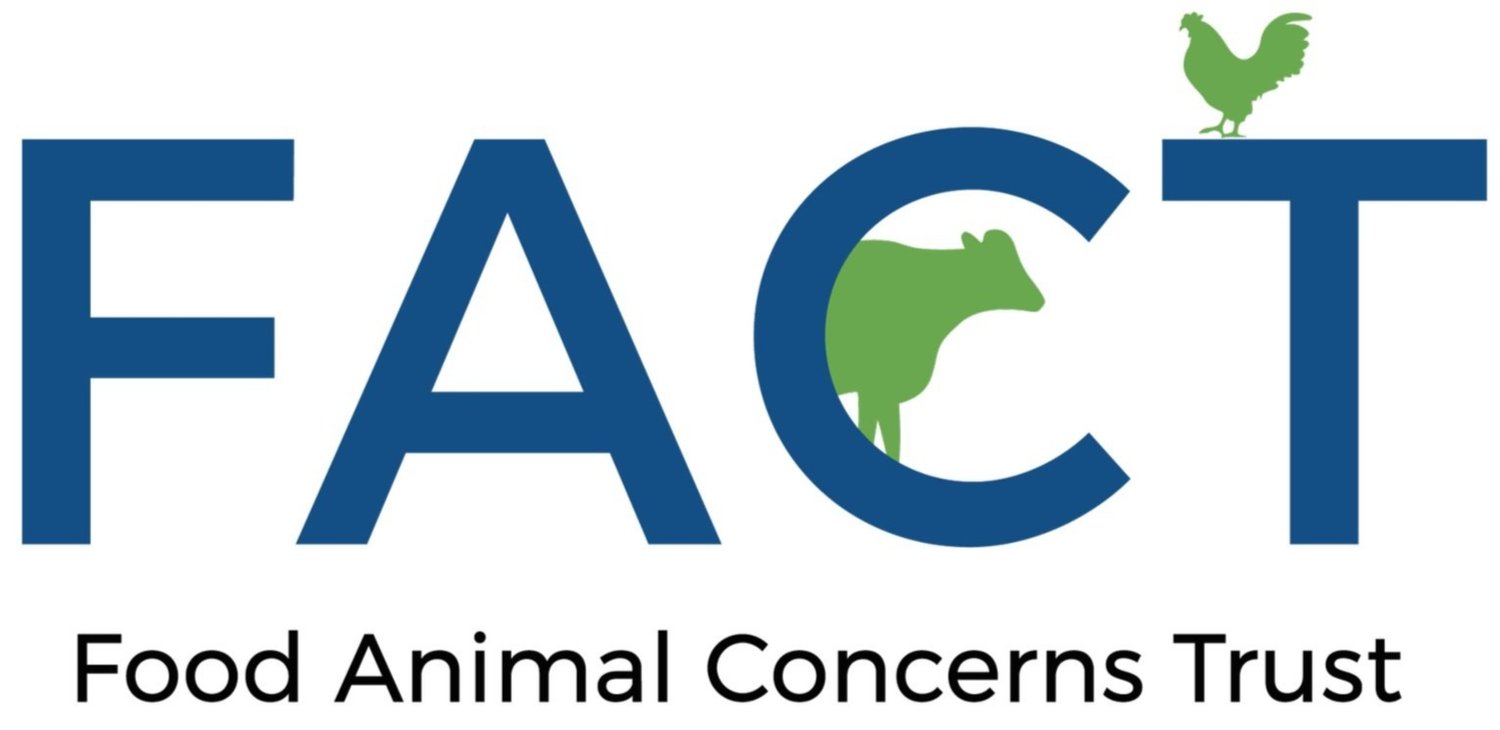Fighting Antibiotic Resistance Takes All of Us, But Too Many Are Not Doing Their Share
By Steve Roach, FACT’s Safe and Healthy Food Program Director
The WHO and other agencies’ theme for World Antibiotic Resistance Awareness Week
It is World Antimicrobial Resistance Awareness Week. The week was created in order to raise awareness about the growing global problem of antibiotic resistance, the spread of dangerous infections that can no longer be treated with the drugs that were once used to cure them. With the spread of resistance, antibiotic drugs no longer work, resulting in more frequent and more severe infections as well as higher rates of hospitalization and mortality. Effective antibiotics are essential for surgery, chemotherapy, organ transplantation, and the care of premature infants. At least 2.8 million drug-resistant infections occur in the United States each year, and globally, these infections cause nearly 5 million deaths overall. Antibiotic resistance is driven by the overuse of antibiotic drugs, the drugs used to treat bacterial infections, in both human medicine and agriculture. FACT generally uses the term antibiotic resistance because we focus on drug use in animals, where antibiotic resistance is the main problem. You will also hear antimicrobial resistance, which includes antibiotic resistance but also includes resistance to drugs used to treat fungal infections and viruses.
This World Antibiotic Resistance Awareness Week, the U.S. Centers for Disease Control and Prevention is distancing itself from the World Health Organization and other international agencies by creating its own theme for the week. The international agencies have adopted the theme “Act Now: Protect Our Present, Secure Our Future.” CDC has instead opted for “Fighting Antimicrobial Resistance Takes All of Us." Maybe the CDC is just being honest since the US government is definitely not acting now on antibiotic resistance. And by making resistance everyone’s problem, no one (including the US) can be held accountable for a failure to act.
In January of this year, the President’s Advisory Council on Combating Antibiotic-Resistant Bacteria (PACCARB) was scheduled to meet to discuss a new antibiotic resistance National Action Plan since the current plan expires this year. That meeting was canceled, and no new meeting has been scheduled. Since 2015, when PACCARB was created, there have been multiple PACCARB meetings each year -except in 2020 when only one meeting was held - to help guide federal agencies (CDC, Food and Drug Administration (FDA), and U.S. Department of Agriculture) in responding to the public health crisis of difficult-to-treat deadly bacteria. While FACT and other groups concerned about antibiotic resistance felt PACCARB was too cautious in recommending needed change, not having it meet at all is even worse. Especially with the current plan to combat antibiotic resistance coming to an end.
The CDC theme for World Antibiotic Resistance Awareness Week
Federal agencies, particularly the FDA, have been incredibly slow to take well-recognized and needed action like tracking antibiotic use on farms, prohibiting the use of antibiotics in animals before clinical diagnosis of illness, and prohibiting the use of antibiotics in food animals for weeks and months on end. Over the last year, the FDA has done nothing to address this growing crisis, despite the new administration’s promises around a healthier food system. FACT and allied organizations wrote to the Department of Health and Human Services Secretary, who oversees the FDA, along with the FDA Commissioner, to ask for leadership on this problem, but we have not yet received a response.
Combining the WHO and CDC themes gives “all of us need to act now”. Like the FDA, many in the animal agriculture industry are not acting now either. The chicken industry in the U.S. has significantly cut its use of medically important antibiotics and this has resulted in a drop in resistance. The same cannot be said of the cattle and pork industries. The industries made some progress in 2017 in reducing antibiotic use, however, overall use has risen since then, and more specifically, use of some of the most important drugs for treating illness in people.
Similarly, the food industry players: restaurants, food service companies, and grocers, are not doing their part. Restaurants have stalled on their commitments to reduce antibiotic use in their meat supplies, and grocers are happy to sell some meat raised without antibiotics at a steep markup up but most have not adopted judicious antibiotic policies across the meats they sell.
During this World Antibiotic Resistance Awareness Week, we ask you to stop and think about how you might “act now” to combat antibiotic resistance. You can do your part by reducing or stopping your consumption of meat raised with too many antibiotics, supporting FACT’s efforts to fight factory farms, or simply talking to your family members and friends about how food is produced when you gather together at meals. As for us, FACT will continue to do its part in this fight and continue to advocate for a healthier, safer, more humane food system.


